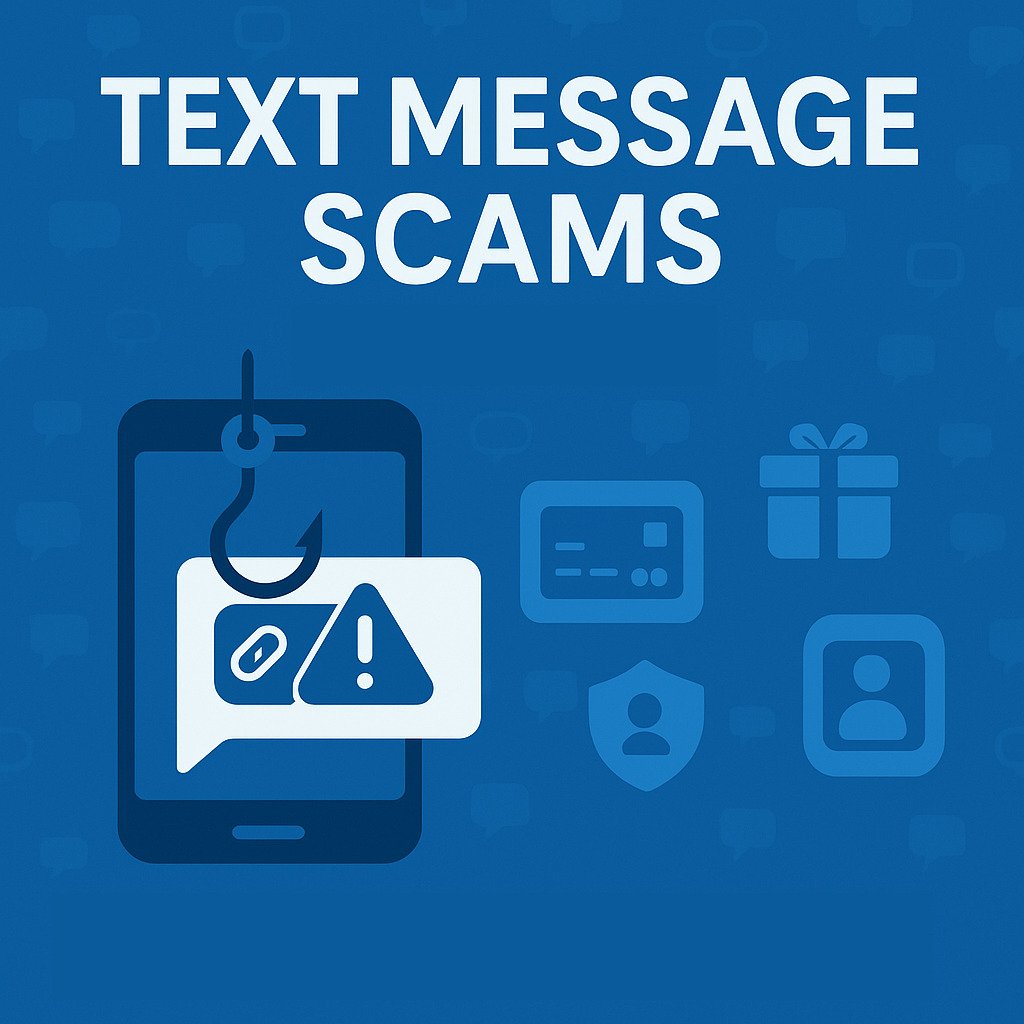Online scams have become increasingly common, demanding greater attention to the links and online content we interact with daily. Cybercriminals are constantly creating new methods to deceive people for financial gain, ranging from falsified payment receipts to fake technician impersonations. In Brazil, around 71% of the population has already fallen victim to this type of crime, which shows the need for caution when clicking on links in WhatsApp messages, emails, or SMS, as well as avoiding sharing personal information with strangers. To reduce risks, it is essential to understand how these scams work, recognize their main types, learn what to do if you are targeted, and adopt preventive measures to protect your data and avoid financial losses.
This article is part of a series on digital security. You can read the other texts here.
Text Message Scams (Smishing)
This Content Is Only For Subscribers
To unlock this content, subscribe to INTERLIRA Reports.
Smishing—short for SMS phishing—is a type of fraud carried out through text messages sent to mobile devices. Criminals pretend to be trusted companies, delivery services, or even government agencies to trick victims into clicking on malicious links or sharing sensitive information. Once the victim interacts, scammers can collect personal data, commit identity fraud, or even steal money directly from bank accounts.
– How These Scams Work
• Delivery Scams: Victims receive fake messages claiming a package is pending and requires confirmation or a fee to be released. Clicking the link leads to a fraudulent site designed to steal data or generate fake payment slips.
• Bank Account Alerts: Messages claim your account will be blocked or your card deactivated unless you log in through a provided link. These sites are fake and capture login and banking details.
• Prize or Reward Scams: Victims are told they’ve won a prize but must provide personal or financial information—or pay a “release fee”—to claim it.
• Official-Looking Notifications: Criminals replicate the visual identity of agencies (like the Department of Motor Vehicles or postal services) to make the scam look legitimate. For example, one recent case in Brazil involved fake messages about expired driver’s licenses that redirected victims to fraudulent sites.
– How to Protect Yourself
• Never click on links in SMS messages unless you are sure of the source.
• Be skeptical of urgent requests, unexpected deliveries, or prize notifications.
• Check official websites or apps directly instead of responding to the message.
• Look for spelling or grammar mistakes, which are often signs of fraud.
• Legitimate banks and companies will never ask for confidential information (passwords, PINs, or financial data) by SMS.
• If in doubt, contact the company through its official customer service channels—never through the numbers or links provided in suspicious message.
– Who to Report To
• Save the message, phone number, and link used.
• File a police report with the Civil Police.
• Inform the organization being impersonated (bank, delivery company, etc.) so they can warn other customers.
• Block and report the sender through your phone’s SMS settings.





